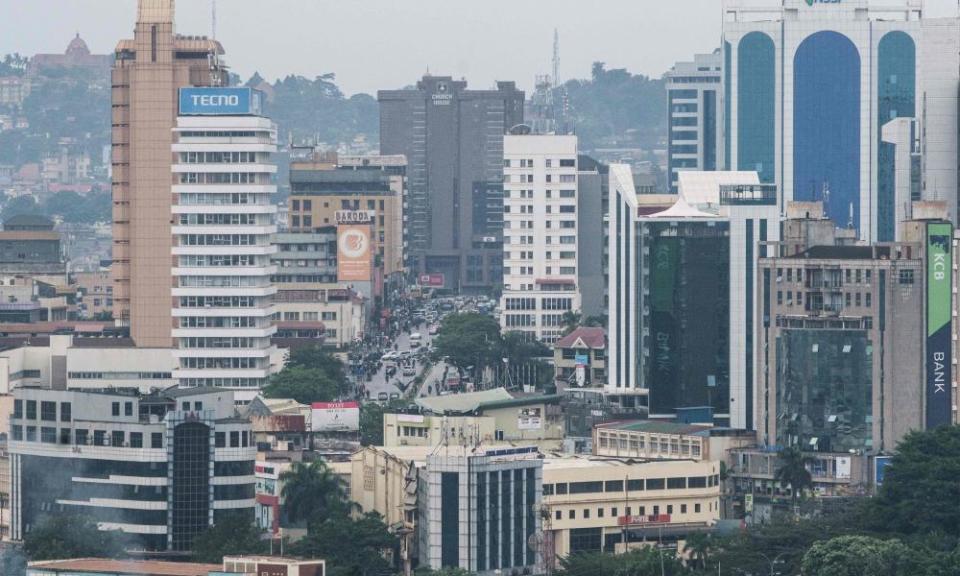Uganda and role of the international criminal court

As Uganda is a signatory to the international criminal court, citizens have every right to lodge cases before it (Ugandan president’s son named in ICC complaint over abductions and abuse, 3 May).
Yet the ICC is a court of last resort for countries that, whether for capacity or politicisation, cannot be expected to deliver legal redress. This is not needed in Uganda when the justice system is demonstrably capable and independent. In recent months, its beneficiaries include the leader of the opposition, who successfully petitioned the courts to quash an attempt to deregister his political party. Neither is favour shown to governing party politicians who, rightly, have been prosecuted for breaking Covid restrictions during our recent election campaign.
And these are the same courts that seven years ago annulled anti-LGBTQI laws, wiping from the statue book legislation voted near-unanimously through parliament – with the support of our pop-star opposition leader – who even released an anti-gay song in the law’s favour (and was denied a visa to enter Britain). The government did not appeal.
That same opposition leader now petitions the ICC to raise a case that – should he have one – can be answered by the courts at home. The fact that there has been no attempt to launch action locally suggests his action is less about justice and more about publicity.
William Byaruhanga
Attorney general, Uganda
• Have an opinion on anything you’ve read in the Guardian today? Please email us your letter and it will be considered for publication.

 Yahoo Finance
Yahoo Finance 